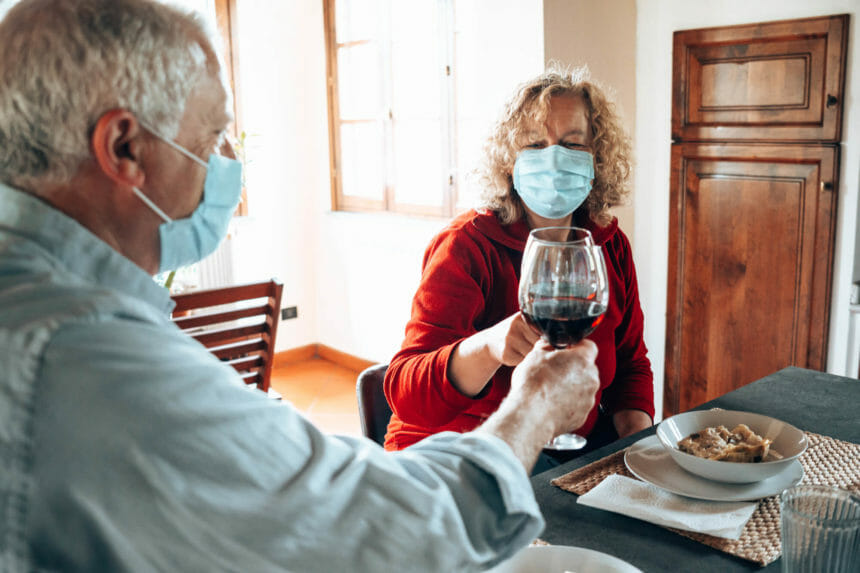
As coronavirus cases continue to increase throughout the country, senior living communities and other long-term care settings, and organizations that represent them, are wrestling with the implications of “holiday leave” for residents eager to see loved ones and the toll another lockdown could have on older adults in their care.
LeadingAge recently conducted a Community Holiday Planning Survey that revealed a variety of approaches that senior living and care providers are taking to limit the spread of the coronavirus during the holiday season.
Several states — and the federal government — have issued guidance regarding upcoming holiday celebrations and gatherings for senior living communities and the general public:
- New Jersey Health Commissioner Judith Persichilli issued guidelines for the state’s assisted living communities, nursing homes and other congregate care settings, recommending a 14-day cohorted quarantine period; a reservation process tied to the number of residents a community can quarantine upon their return; a waiting list once the reservation list is full; certification that residents and their families are following masking, social distancing and hand hygiene practices; and a requirement that families notify a community if anyone attending a holiday gathering tests positive for COVID-19 or exhibits symptoms within 14 days.
- Kentucky’s Cabinet for Health and Family Services is imposing new restrictions at long-term care facilities, including limits on communal dining, group activities and holiday visits. The updated provider guidance, which strongly discourages off-site travel for any purpose other than essential medical appointments, applies to assisted living communities, family and personal care homes, nursing homes and other congregate care facilities. The CHFS also established a Long-Term Care Task Force to advise long-term care facilities on personal protective equipment and testing strategies, infection control, staffing, resident and staff cohorting, and financial needs.
- In Arizona, the Task Force on Long Term Care recommends against assisted living residents leaving their communities for the holiday — or for any reason other than a medical visit — due to the level of community spread of COVID-19 throughout the state. Ultimately, the task force said, communities must decide whether residents will need to take a coronavirus test for readmittance or quarantine upon their return.
- The Florida Health Care Association has released holiday visitation guidance for assisted living communities and nursing homes that is in line with guidelines from the Center for Disease Control and Prevention. The FHCA urges residents to take precautions to minimize the risk of outbreak at communities, including wearing masks and practicing social distancing. The issuance of the guidance follows Gov. Ron DeSantis’ and the state Agency for Health Care Administration’s recent guidance update, which permits “holiday leave” for residents to visit with family and friends while also encouraging social distancing and hand washing.
- Maryland assisted living communities and nursing homes are tightening restrictions amid increasing coronavirus cases. Indoor visits are being limited mostly to compassionate care visits, and all visitors must show proof of a negative COVID-19 test 72 hours before visiting.
David Gifford, M.D., MPH, chief medical officer for the American Health Care Association / National Center for Assisted Living, said that although he understands people’s desire to gather with family and friends during the holidays, he recommends pausing and considering parents and grandparents living in the nation’s long-term care facilities.
“Even though you may feel fine, more than half of people who have COVID-19 are asymptomatic, and the people you encounter at the Thanksgiving table or out at the grocery stores may work in a nursing home or assisted living community,” he said. “Wearing a mask and practicing physical distancing not only protects you, but it is a sign of respect for our elders and our healthcare heroes who care for them.”




